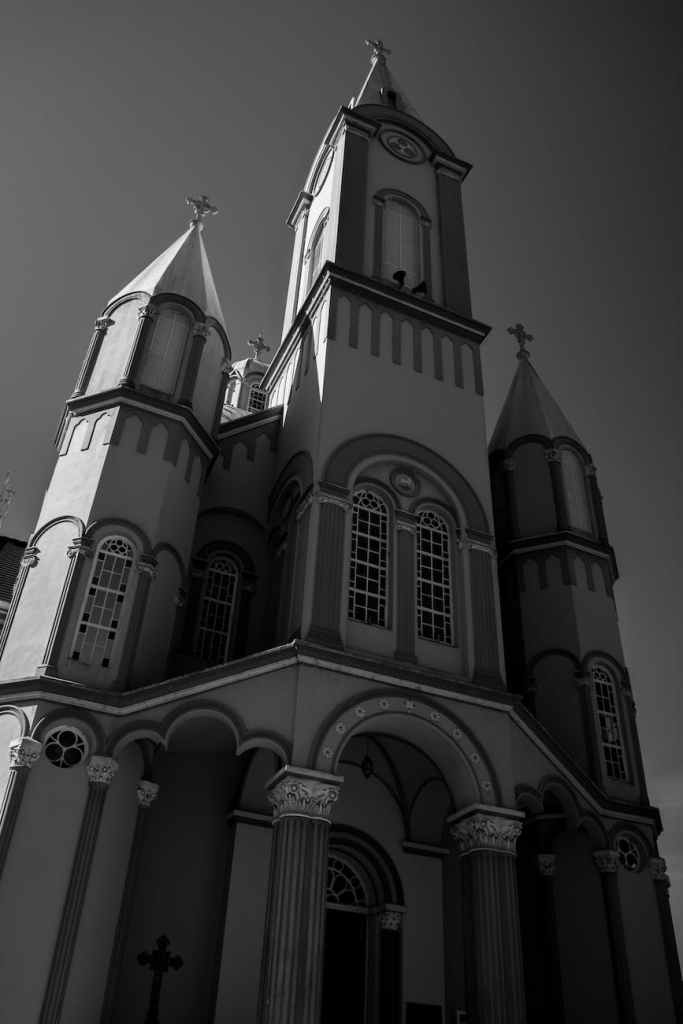
If the conversion and Holy Spirit filling of the Samaritans, the Ethiopian eunuch and the Roman centurion Cornelius seemed radical to Jewish believers, what happened at Antioch must have gone off the charts.
The three people mentioned above were considered Gentiles, but they had at least some connection to the Jewish traditions. The people of Antioch were total pagans in just about every way imaginable, and then some. Yet in Acts 11, Luke portrays a fellowship of Jesus followers that has become a model for us in our own day.
Antioch became the gospel gateway to the rest of the Gentile world, the missionary headquarters leading to Europe, the rest of the Roman Empire, and ultimately, to us today. In Antioch, Jesus followers first became known as “Christians,” a term that once had a meaning far beyond the established religious groups we know today. What makes the Antioch church so great?
No one knows who founded the Antioch church—probably an unknown lay person. Whoever it was, the church also had supernatural roots. “The hand of the Lord was upon them,” Luke records. What a remarkable description! They depended upon the power of God, not their own knowledge and ingenuity. They heard the voice of God and saw Him work miracles in their midst. Programs were less important than people and the pleasure of God’s company.
As a result, record numbers of people from pagan backgrounds were turning to Christ from every background. They hungered for fellowship with God and with one another. They became involved in serious and effective prayer. They heard God speak to them through the Word. They had a Great Commission vision for the world. Deep understanding and application of the Word was vital to them.
From the Antioch church Paul launched his great missionary journeys that ultimately spread the gospel throughout the Roman Empire. Many other lesser known but powerful missions to the world had their beginnings at Antioch because the people there believed in self-multiplication.
Personal and corporate discipleship was the rule. Continuous spiritual growth and maturity was the goal. These people in the Antioch church were not rural hillbillies but sophisticated and cosmopolitan men, women and children from the third largest urban center in the Roman Empire.
Another unprecedented feature: Jewish and Gentile believers fellowshipped with one another. In today’s culture, that would be like Brahmans eating with Dalits, or whites hanging out with Black Lives Matter folks, or hippie-types enjoying fellowship with corporate executives. Such phenomena are “God things,” impossible to reproduce apart from a move of the Holy Spirit.
How many of our own churches today resemble the church in Antioch? As Henry Blackaby has said, “We have become satisfied today to live without the manifest presence of God.”
In spite of Bible resources unavailable to any previous generation, few church members today open their Bibles or pray. Few church members demonstrate any power of the Holy Spirit. Few church members have any vision for the world. Few churches are little more than religious social clubs. It is no wonder that the world as a whole considers the church powerless, useless and irrelevant.
Pray for revival and renaissance in the church. Pray that every fellowship returns to the Antioch model. Only then will we see our world change.